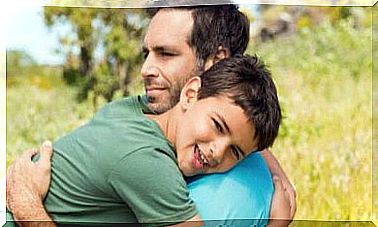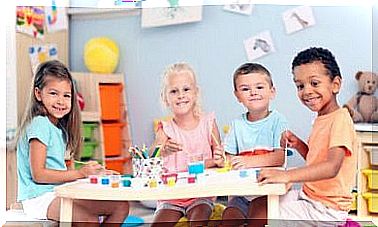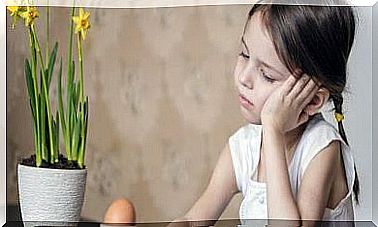Should I Keep Track Of My Children’s Social Media?
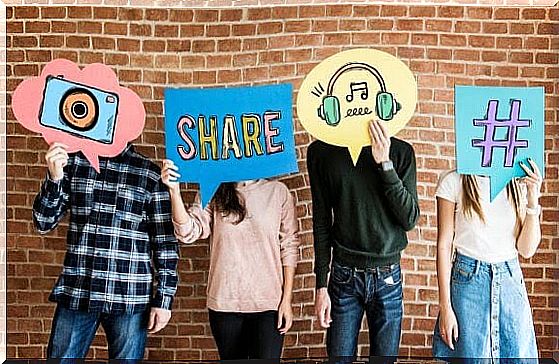
It is normal for parents to want to control their children’s social media and make sure they use them safely and wisely.
Social media plays an important role in our children’s lives and it is especially important for teenagers. But just because they are at home does not make them safe.
As with letters, notes, diaries and text messages, social media gives people the opportunity to express themselves. And just as these have always been private, your children will see their social media as a place that also deserves privacy. Therefore, communication plays an important role in how your children perceive that you as parents control their social media.
How should you control your children’s social media?
This will vary depending on your knowledge of these media and the technology they are used on. Similarly, it will depend on whether your child allows you to participate in his or her activities and related issues and problems.
If your children feel that you respect their privacy on social media, they are more likely to keep open communication about what they do online. With this kind of collaboration, you can maintain some control over the following aspects:
User
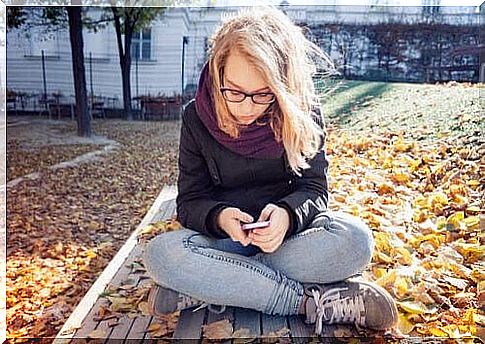
Social media is about talking to and sharing your information with friends and acquaintances. But this circuit tends to get bigger and bigger the longer you go on. Soon it includes not only friends and family, but also other users with lots of followers and even complete strangers.
In addition, some teens make the mistake of trying to compete for the largest number of contacts and followers. However, your children need to understand that they need to take the same precautions online as in real life.
They should not let a stranger wave to them on the street in their lives, so they should also not accept friend requests from perfect strangers who want to enter their social circle of friends.
Content
Personal information, videos, interests and locations are just some of the content that is disseminated on these media. A simple click on “Like” can trigger an explosive chain reaction that has much greater repercussions than children often expect.
Remind your children that if one of their followers shares their contact information, that person’s contacts will be able to see it and so on. Therefore, your children should limit their attitudes to restricting the dissemination of their content to their own friends and followers.
Attitudes
Teenagers use social media to relax and have fun and talk to their friends. But just like in a face-to-face conversation, you can come across all kinds of people. They may think they are talking to wonderful and kind people, but sometimes they are actually very toxic and dangerous individuals. Your children need to know how to react.
A good solution is for you to teach your children to recognize toxic or offensive situations and harassment online. If they experience negative situations, encourage them to notify you and report or report it if necessary.
Use
Remember that social media is a tool you use to express yourself. There are aspects of it that you can and should control. For example, how much time they spend on social media. You should also make sure that social media stays alone something that complements their real social interactions.
To ensure that your children do not become too dependent on social media, you should encourage them to have other interests. For example, engaging in sports, music, or other leisure activities can help prevent isolation and inactivity.
The risks related to social media
The article From ICT to ICRT confirms that there is a gap between adults and young people in their use of information and communication technologies, such as social media. This is the first risk of it all.
In general, younger generations have better control of technology, so the problem lies in how we can control something we do not fully understand. We can only compensate for our lack of knowledge with clear and accurate information that unites both parties.
Nowadays, it is easy to find classes, courses and workshops for parents and teenagers. These can help both us and them learn to use the new technology. These courses also increase awareness of the risks of social media, such as addiction and bullying.
Responsible use of social media
By educating your children about the importance of using social media responsibly, you will help them have a positive experience of it. Inform them about the risks and talk openly about the world online where they move so that they can stay there safely.
